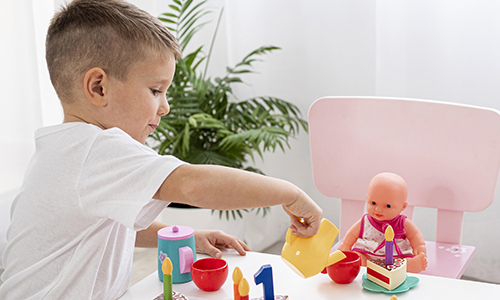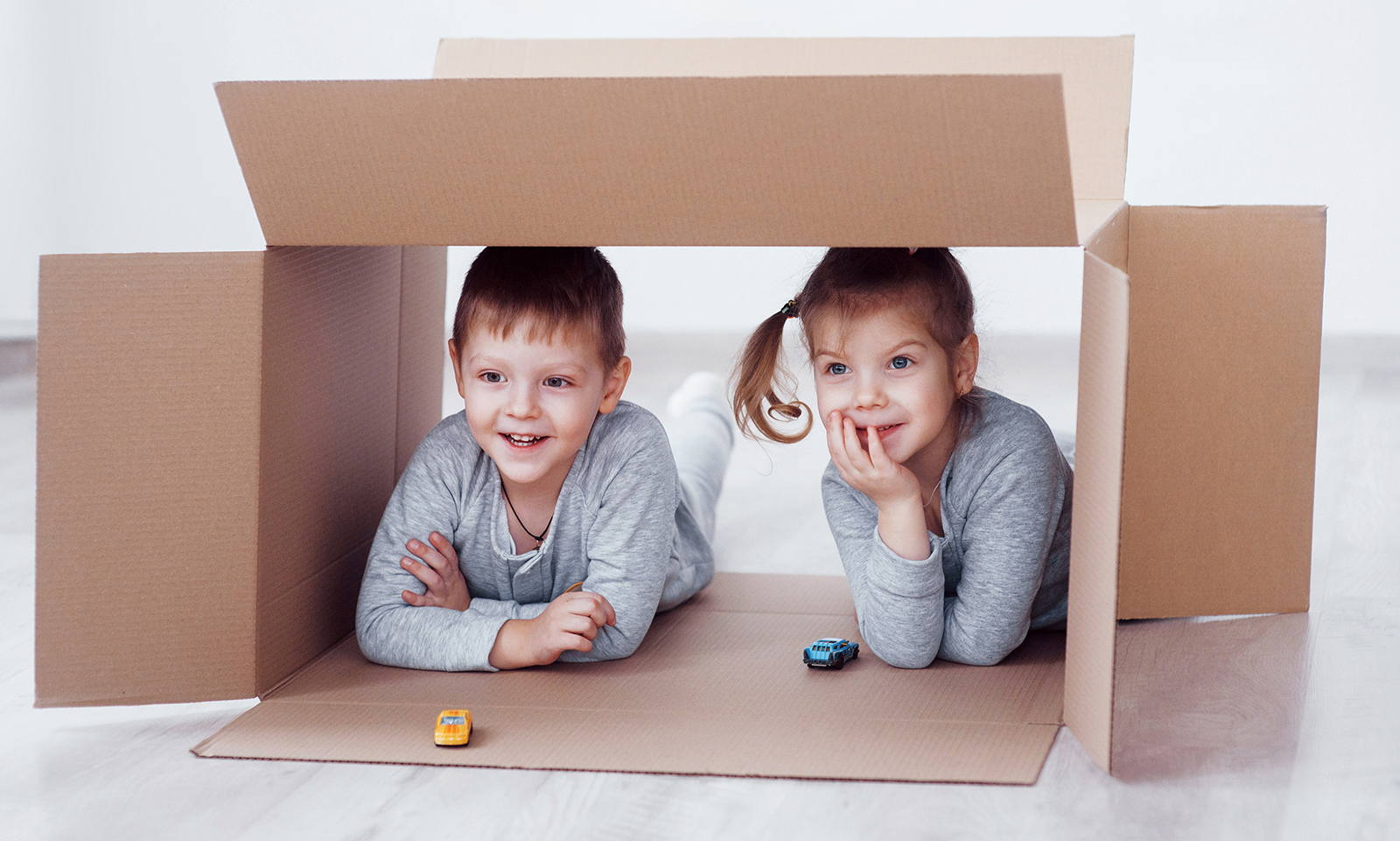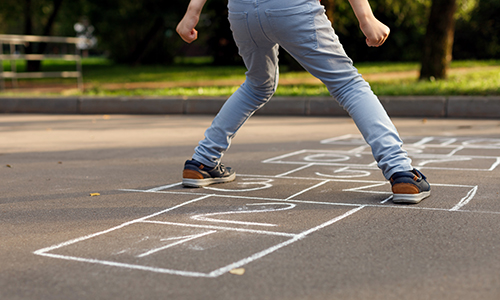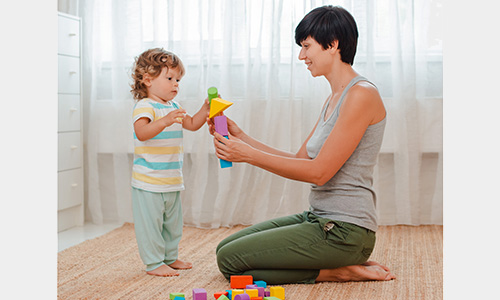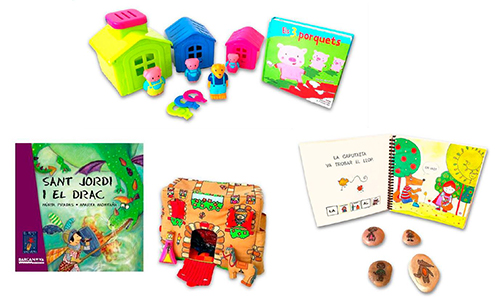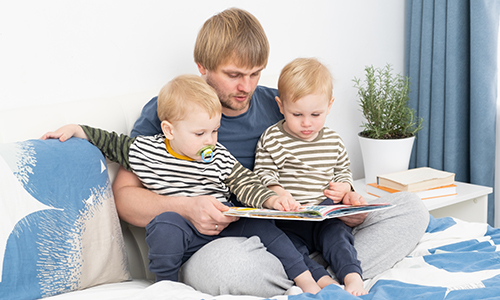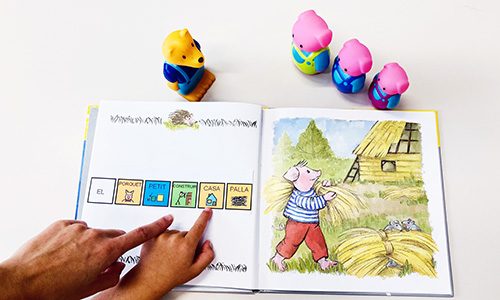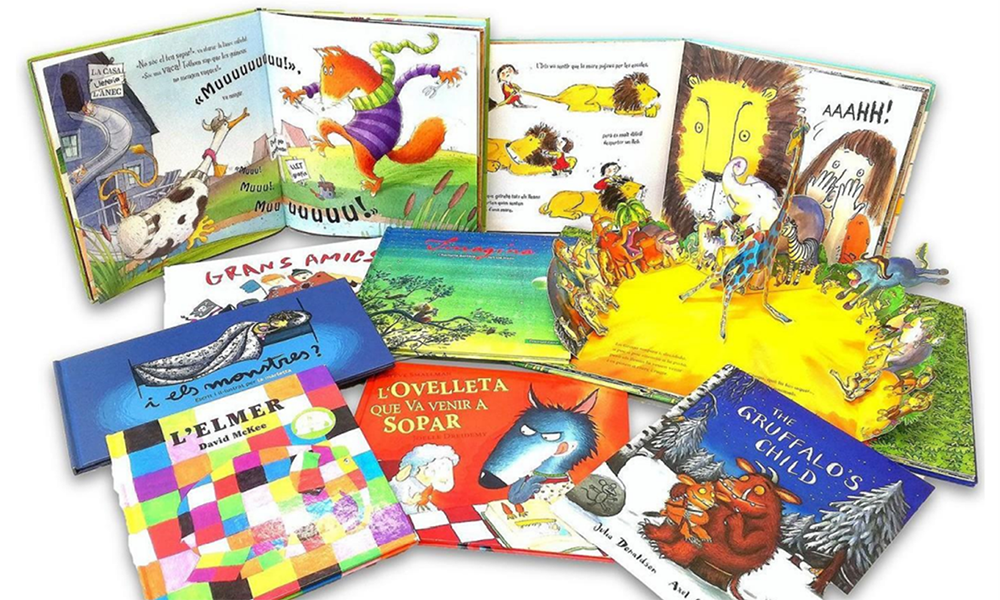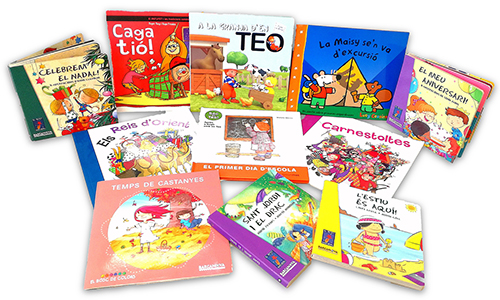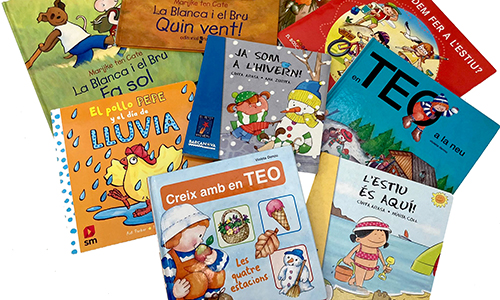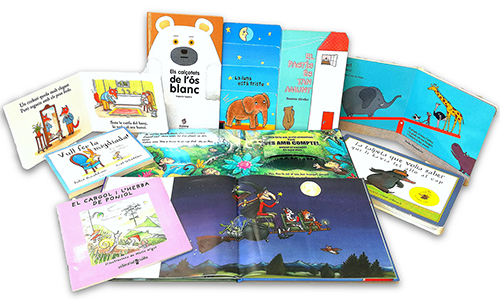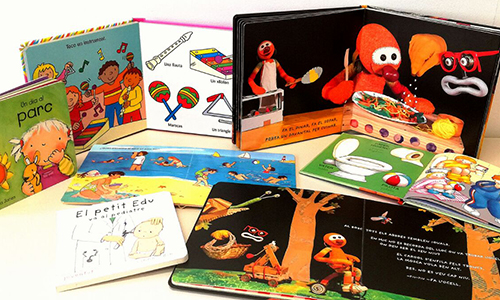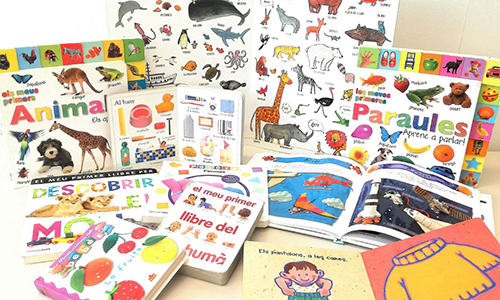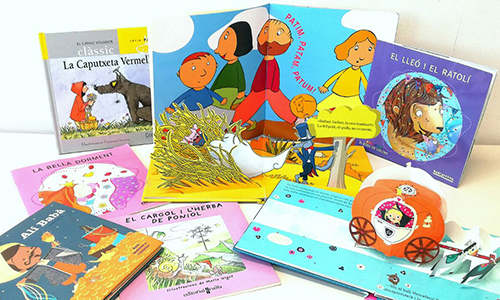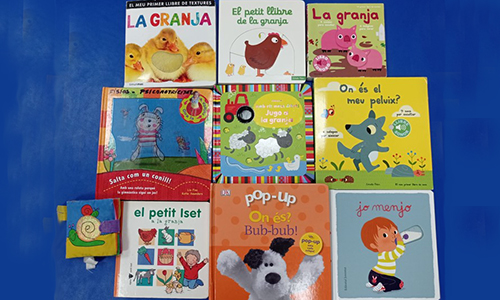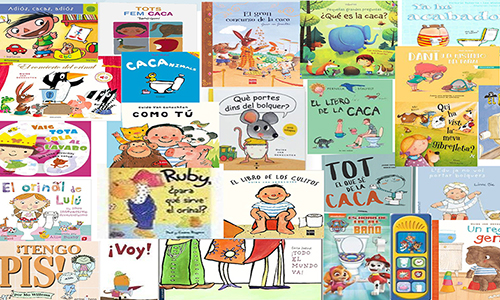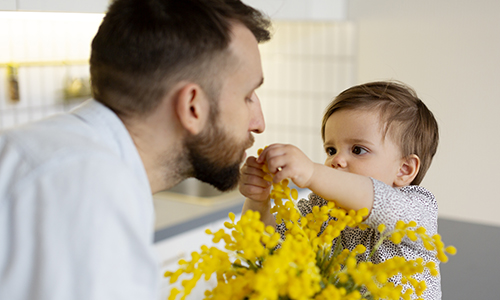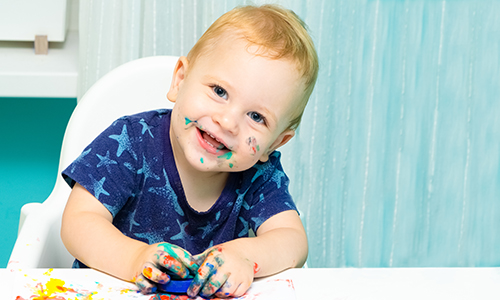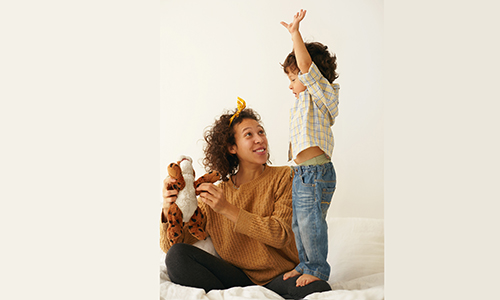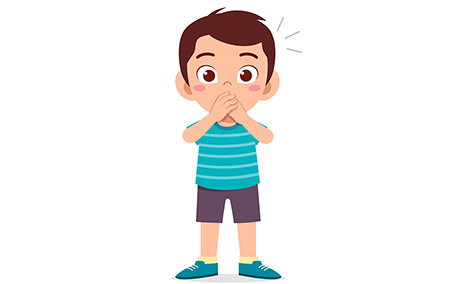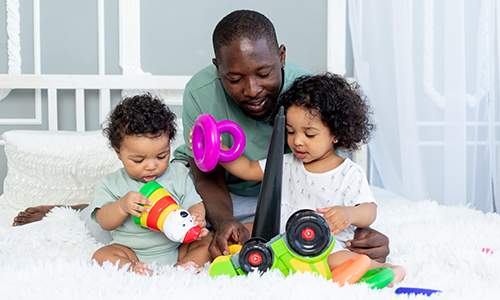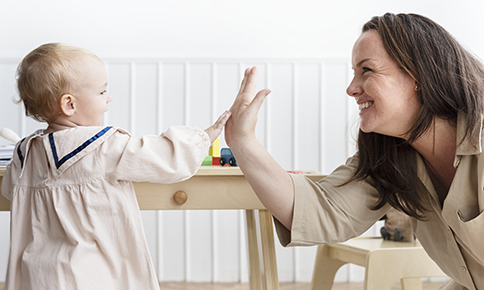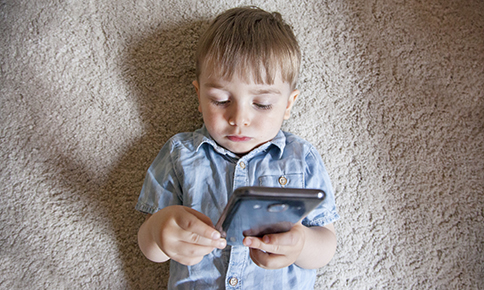Communication and language go hand in hand. First, there must be a need to communicate, and then to develop the language.
The child needs to be looked at, listened to and interpreted by the interlocutor; he must perceive that what he communicates is important. We adults need to be good interpreters of their looks, their attitude, their gestures, their words and also their silences in order to attend to and understand what they want to communicate to us.
It is important to encourage the context of communicative experiences so that children can practice and acquire language by interacting with the environment. These opportunities for communicative development must be present in their natural contexts, whether at home, in the park, at school, etc.
Each of the day-to-day experiences, such as leisure time, habits and routines, play time, telling stories, singing songs, making crafts, going to places like the beach, the farm. .. can be an opportunity to interact with the child and enhance communication and language.
Games
Games
We classify into semantic groups and extend basic vocabulary
We need toys of animals, food, vehicles, clothes, fairs ... that you have at home and visual panels to classify each toy with its word family.
We play with cards
and we consolidate the vocabulary
Vocabulary mastery is one of our most important goals: more vocabulary makes it easier to put words together and form sentences, then move on to narration.
Necessary material. ARASAC.
We play with cards
of vocabulary
We work on vocabulary with cards combined with one turn-based gambling of those that do not involve thinking. We explain how we can do this by preventing the child from getting bored.
Sentence construction
with cards and a game of chance
We work on constructing the sentence in a fun way by combining one gambling i stock cards.
Acquisition of the verb
with cards and a game of chance
The verb is very important because it is the word in the sentence that marks the action. We suggest you work on the acquisition of verbs by playing with object image cards combined with a gambling.
Vocabulary acquisition
and executive functions: card game Dobble
The executive functions are the skills needed to acquire any learner: memory, planning, flexibility, decision making ...
The game of Dobble offers us the possibility of working on a lot of vocabulary, visual discrimination, attention, reflexes ...
Executive functions and evocation and access to vocabulary with the game Who is missing?
THEevocation of concepts and thelexicon access they allow us to check if the child has acquired the necessary vocabulary to be able to build communication.
We need small toys or tiles from any game we have around the house and glasses to cover.
Guess and consolidate basic vocabulary
We work language with children already they master the vocabulary quite a bit. We will play a guess. We need animal toys, food, vehicles, clothes, fairs ... that you have at home; we will give clues and the child will have to guess which toy you have chosen.
Tales
Tales
We tell the story of the Tabalet with visual support
How can we tell the story of the 'Tabalet' with the visual support of a monograph in order to facilitate the comprehension and expression of the language.
Let's tell the legend of St. George
It is known that The legend of St. George is one of the favorite stories of all our children.
In this video we show you different ways to explain it using various materials that we can have at home.
Our desire is that you take ideas and have a great time telling the story to your sons and daughters.
Routines
Routines
Drawing
Drawing
Experiences
Experiences
Information and tips for moms and dads
Information and tips for moms and dads
Leaflets
Can you tell me a story? [Catalan🇧🇷Spanish]
Let's play? [Catalan🇧🇷Spanish]
Strategies to promote language development [Catalan🇧🇷Spanish🇧🇷Arabic]

